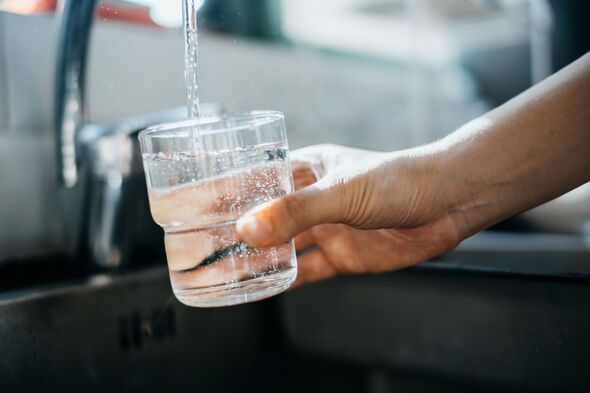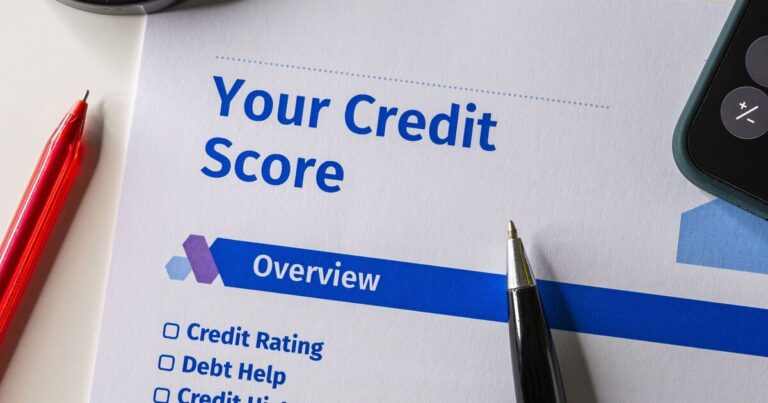
Households in England and Wales face a steep water bill increase from April, with average bills set to rise by £86 for the year, according to industry regulator Ofwat.
The increase is part of a five-year plan to fund essential upgrades to water supply systems and reduce sewage discharges.
The hikes, though slightly lower than water companies originally requested, exceed Ofwat’s earlier proposals. Over the next five years, bills will rise by an average of £31 annually, but the largest jump is expected in the first year.
However, these figures do not account for inflation, meaning actual costs could be even higher. For customers of water-only firms, bills will rise by 22%, with an average charge of £234 annually.
While the changes are significant, there are steps households can take to reduce their water bills and offset the rising costs.
Make sure appliances are energy-efficient
Les Roberts, expert at comparison site Bionic said: “One mistake people make is using outdated, inefficient washing machines and dishwashers. The higher your appliance’s energy efficiency rating, the less energy and water it will use to run and the running cost will be much lower.”
Every appliance has an energy rating label, ranking efficiency from G-A, with A being the most efficient model.
Mr Roberts said: “Most modern dishwashers also don’t use your home’s hot water supply, but rather heat cold water internally, making them more energy efficient than older machines. If you’ve had your machine for longer than 10 years, it’s definitely worth upgrading to a more efficient model.”
People can also improve the efficiency of their appliances by making good habits. Mr Roberts explained: “Running your washing machine on the eco setting can slash the water usage by around 30% and your clothes will still get a thorough clean because the cycle is longer.”
The running cost of appliances depends on the model, the cycle and a person’s current energy tariff. Still, according to Mr Roberts, the average dishwasher will cost around 50p to run for an hour-long cycle.
Mr Roberts said: “This doesn’t sound like a lot, but if you are running multiple half-empty loads a day, this will soon add up. Making sure to only run your dishwasher and washing machine on full loads is the best way to make your appliances more efficient.”
Choose the dishwasher over hand washing
Mr Roberts said: “If you are washing dishes by hand and leaving the tap running constantly or filling up the sink multiple times, you’ll end up using more water than the average dishwashing cycle would.
“Using your dishwasher in an efficient way will use much less water overall than hand washing every item thoroughly.”
Reduce the temperature of heated water
Mr Roberts explained that 60°C is the “optimal” temperature for hot water. Running water hotter than this not only risks causing burns but also results in unnecessary energy waste.
Mr Roberts said: “Reducing the temperature of your water can reduce your energy costs but make sure you know how to do this on your water heater without risk of injury and always consult the manual and turn off your water heater’s power supply first.
“The thermostat dial for a gas water heater is usually situated at the bottom of the tank whilst the dial on an electric heater may be behind a screw on panel.”
Fix leaking taps or switch to spray taps
Mr Roberts said: “A dripping tap may not seem like a big issue, but it can waste a lot of water if left unfixed and is literally money down the drain. Switching to a spray tap reduces the amount of water coming through the tap, driving down usage and bills.”
Consider switching to a water meter
A water meter charges households depending on how much water they use instead of a fixed rate.
Mr Roberts said: “If your household is planning to take measures to reduce water usage, it could be worth considering a meter.
“Contact your water company for more information. Bear in mind that if you have guests staying or a larger household your usage and bill is likely to be higher and a meter is best for a household with minimal water usage.”


















